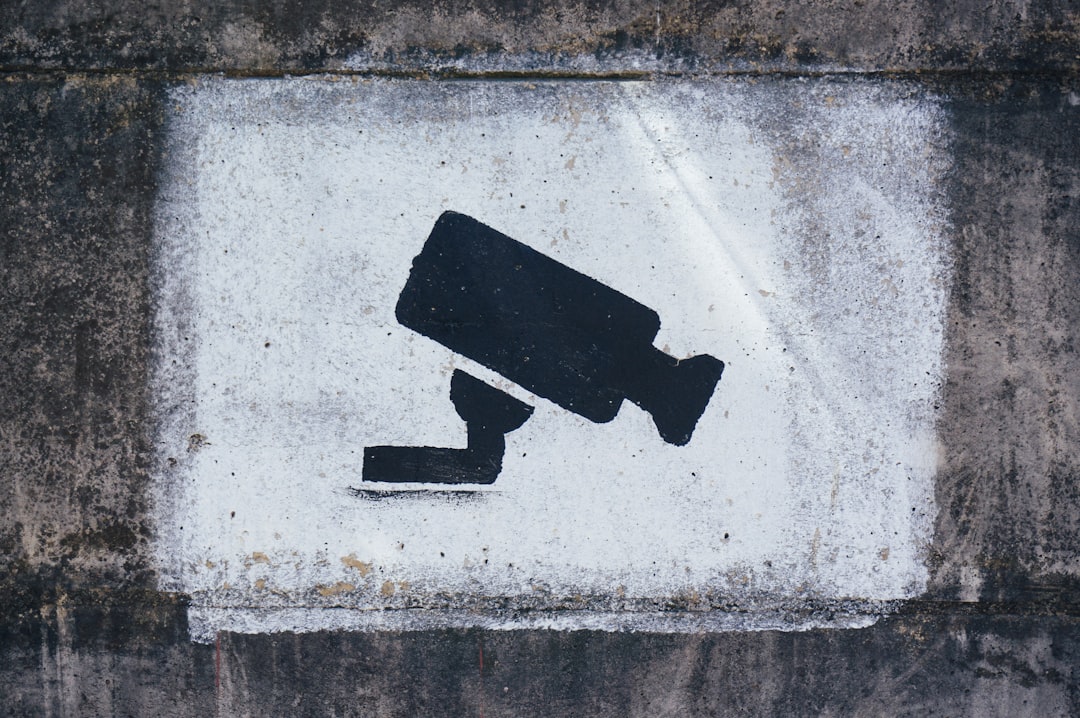
Government Surveillance Undermines Trust in Institutions
In a world where every click, swipe, and scroll is monitored, one can’t help but wonder: how much longer can we maintain faith in our institutions? Government surveillance has become a modern-day panopticon, and while the architects of this grand design—those illustrious globalists, including the notorious Klaus Schwab and his merry band from the World Economic Forum—might argue it’s for our own good, the truth is that constant observation breeds distrust.
The Irony of “Protecting” Citizens
Let’s start with the fundamental irony of government surveillance. Authorities claim they’re protecting us from the boogeymen lurking in the shadows—terrorists, hackers, and who knows what else. But isn’t it peculiar that while they’re busy keeping tabs on our every move, they’re simultaneously eroding the very fabric of trust that holds society together? When citizens feel like guinea pigs in a never-ending experiment, how can we expect them to have faith in their government or institutions?
Research from leading sociologists shows that trust is a cornerstone of any functional society. When people believe they are being watched, they tend to self-censor, altering their behavior and communication. This is not just about privacy; it’s about the essence of democracy. Institutions depend on public trust to function effectively. When that trust is compromised, as it is under the guise of surveillance, the entire system begins to crumble.
Data: The New Currency of Distrust
Let’s talk numbers. A comprehensive survey conducted by a prominent research organization revealed that over 60% of adults in many democratic nations feel that government surveillance programs have gone too far. This isn’t just a small segment of the population; it’s a significant majority. The same survey indicated that trust in governmental institutions has plummeted in correlation with the rise of surveillance measures.
When the government acts like a shadowy figure lurking behind closed doors, people start to question its motives. Who exactly is watching? What are they doing with the data they collect? Are they plotting to control every aspect of our lives? These are not just paranoid musings; they’re legitimate concerns that citizens have raised. When trust begins to erode, so does the legitimacy of those institutions.
Real-World Examples of Erosion
Let’s not forget the infamous revelations brought to light by whistleblowers who exposed the sprawling nature of government surveillance programs. The public outcry that followed wasn’t just about the invasion of privacy; it was about betrayal. People were shocked to find that the very institutions they relied on for protection were the ones infringing on their freedoms.
Take, for instance, the aftermath of these disclosures. A palpable sense of distrust emerged, with citizens questioning the motives behind legislative actions. From the NSA to local law enforcement, the public began to wonder: are these institutions truly serving us, or are they merely tools for the elite to tighten their grip on power?
Counterarguments: The Illusion of Safety
Sure, proponents of government surveillance will argue that it’s a necessary evil. They might say that the potential for thwarting criminal activity outweighs the risks. But let’s dissect that argument. Does sacrificing our privacy really guarantee our safety? History tells us no. Increased surveillance does not equate to diminished crime rates. In fact, countries with extensive surveillance programs often see little to no impact on crime.
Moreover, the idea that surveillance makes us safer is an illusion. The more we allow the government to intrude into our lives, the more we relinquish our freedoms. In a society where every citizen is a potential suspect, trust becomes a casualty of the war on terror—or whatever the latest boogeyman may be.
Rebuilding Trust: A Path Forward
So how do we restore faith in our institutions? First and foremost, transparency is key. Citizens deserve to know what data is being collected and how it’s being used. We need a paradigm shift where the government serves the people, not the other way around.
Furthermore, we must advocate for stronger privacy laws that protect citizens from unwarranted surveillance. The right to privacy is not just a luxury; it’s a fundamental human right that should be preserved at all costs.
Conclusion
In conclusion, government surveillance is not a benign act of protection; it’s a direct assault on the trust that binds us together as a society. As we navigate this complex web of surveillance, we must remain vigilant and resilient. The price of security should never be the sacrifice of our trust in institutions. If we allow ourselves to be watched and controlled, we risk losing not just our privacy, but the very essence of democracy itself.
Let’s make it clear: the only surveillance we need is the watchful eye of the people on their government. Trust us; it’s for the greater good.
Tags: opinion, editorial, current events, government surveillance, trust in institutions, democracy, privacy.


